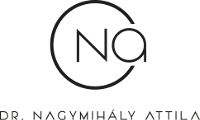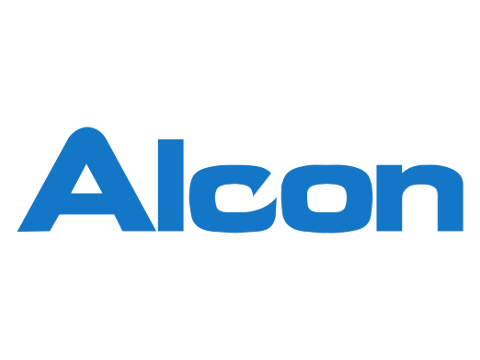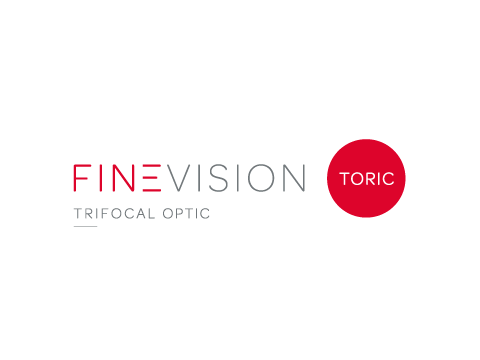INDIVIDUAL IOLS CUSTOMISED TO YOUR NEEDS
The choice of the intraocular lens (IOL) is of vital importance in terms of achieving an optimum vision outcome after the surgery.
When selecting the optimum IOL for you, Dr. Attila Nagymihály will also take into account your lifestyle, work, everyday activities, hobbies etc. in addition to medical considerations. As a result, you can feel assured that you will have an IOL implant best suited to your needs. Among others, this is why a thorough ophthalmologic examination is so important before surgery.
The next step of IOL selection is IOL planning. Essentially, it refers to identifying the IOL best suited to the eye in question and ensuring perfect vision.
IOL planning is carried out using one of the most precise optical IOL planning tools in the world: a Lenstar instrument manufactured by Haag-Streit, Switzerland. During the process, we “take the size of” the eye and select each IOL individually.

TRIFOCAL IOLS
Trifocal IOLs provide sharp two-eyed vision for near, middle and far distances too. They represent a comfortable solution, and you most probably will not need any glasses in the future.
Trifocal IOLs may ensure perfect vi sion to many people. The ideal candidate is an individual over 50 years of age, who wears glasses for near and perhaps for far vision but does not like wearing glasses. It does not matter whether you have cataract or not; trifocal IOLs may be implanted in both cases.
sion to many people. The ideal candidate is an individual over 50 years of age, who wears glasses for near and perhaps for far vision but does not like wearing glasses. It does not matter whether you have cataract or not; trifocal IOLs may be implanted in both cases.
There are certain cases when trifocal IOLs are not recommended. These may include:
- Other ongoing ocular diseases such as macula degeneration, or a retinal or corneal disease)
- One-eyed patients (that is, patients whose vision is poorer in one of the eyes)
The optical structure of trifocal IOLs is based on a principle which is completely different from that of multifocal glasses. You do not have to adjust your head position to see sharply, and the visual field is not restricted either. This means that there are no problems with getting used to this type of IOL.

EXTENDED FOCUS MONOFOCAL AND EDOF IOLS
Extended depth-of focus lenses have expended range of vision creating a single and elongated focal point to enhance depth of focus. These IOLs provide good visual experience on far and middle distances. With extended depth-of-focus monofocal and EDOF lenses the patient will need reading glasses for 20-40 centimeters, however will become more independent of glasses during everyday activities. The extended depth-of-focus monofocal and EDOF lenses allow the patient to perform routine activities without glasses, such as daily shopping, sports, watching TV, computer work, driving, and more. Reading glasses will be needed for precise, meticulous work or reading newspapers and books.
MONOFOCAL IOLS
Monofocal IOLs ensure perfect vision at a given focal distance. In general, IOL planning is carried out in a way to ensure perfect vision at far distances (such as being outdoors, driving or watching TV), and glasses will be generally required for working, i.e., when viewing at short distances.

ALL TYPES CAN BE COMBINED WITH TORIC (CYLINDRICAL) CORRECTION
If someone has cylindrical glasses or contact lenses (astigmatism), that person will only see sharply after IOL surgery if the cylinder dioptre is also taken into account during IOL planning. Cylinder dioptres may also be corrected with any type of IOL including monofocal, extended depth-of-focus monofocal / EDOF and also trifocal cylindrical IOLs.











